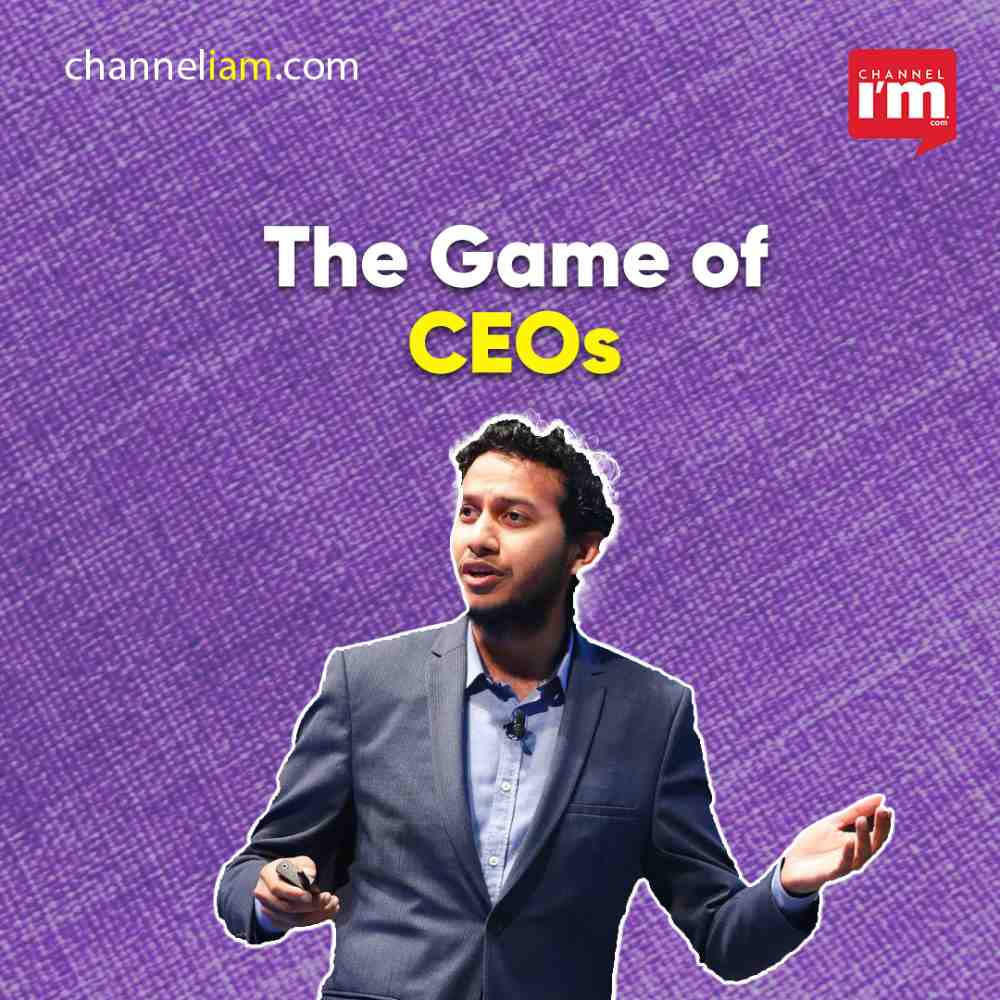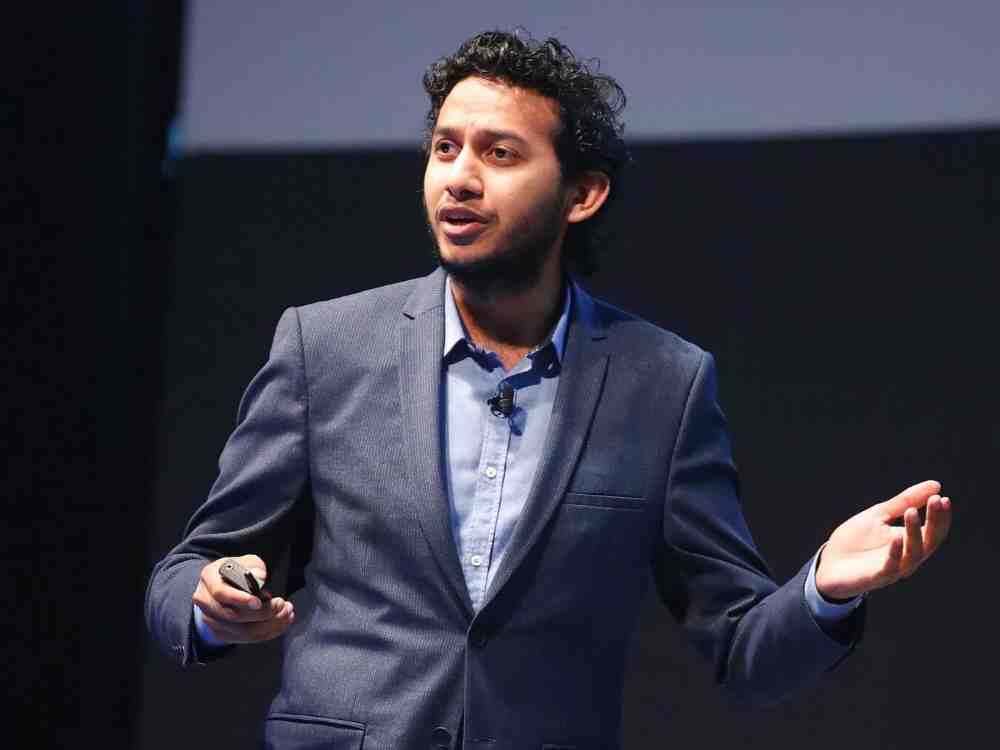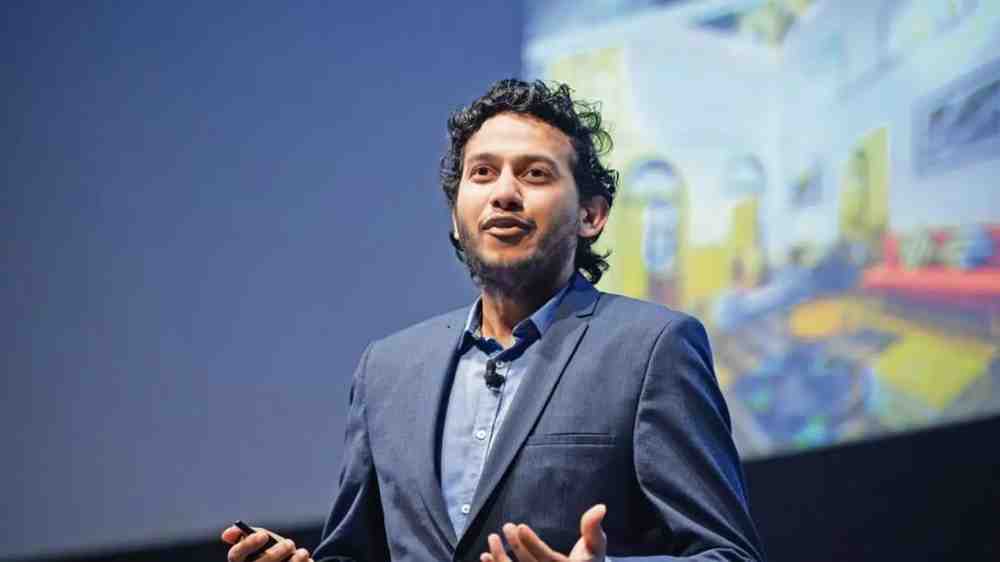
In the fast-paced world of business, where CEOs and founders navigate the challenges of entrepreneurship, a select group of leaders has found solace in a seemingly unlikely pastime: gaming. While the corporate world demands their time and attention, these individuals have discovered that games, whether in the form of chess, board games, or even video games, offer more than just entertainment. They serve as a valuable outlet for relaxation and a source of personal and professional growth. This article delves into the fascinating stories of these business leaders and their unique approach to finding balance through play.
Chess: A Strategic Obsession
Ritesh Agarwal, the CEO of OYO, may not have much free time, but his passion for chess endures. A game he describes as a brilliant combination of strategy and intelligence, chess mirrors the problem-solving skills required in the entrepreneurial world. Agarwal’s interest has only grown with India’s recent successes in chess, with nine Indians in the world’s top 100 chess players and two in the top 10.

In an exclusive interview with Business Standard, Ritesh Agarwal shared his deep admiration for chess. “I like playing the occasional board game. As a keen follower of chess, I have always been fascinated by the sport. A brilliant combination of strategy and intelligence, it greatly mirrors the problem-solving skills required in the entrepreneurial world,” Agarwal expressed in a written communication.
Other startup founders share Agarwal’s fascination with chess. Akash Gupta, CEO of Zypp Electric, considers chess a weekly ritual, believing that it sharpens one’s decision-making abilities. Divakar Vijayasarathy, the CEO of DVS Advisors, values chess for teaching the importance of sacrificing smaller pieces for a larger game plan.
Balancing Screen Time and Family
Board games and puzzles have not only captured the attention of these leaders but also serve as a means to limit screen time and connect with family and friends. Ritesh Agarwal, amid his intense job, cherishes board games as a way to spend quality time with his family. For many corporate leaders, board games provide essential digital downtime in an era dominated by screens.
Akash Gupta takes a step further by incorporating “mind games” like bridge and poker into his activities with colleagues. He believes these games offer lessons in teamwork and healthy competition.
Shailendra Singh Rao, founder of Creduce, chooses Sudoku as his go-to game for connectivity. He maintains a private group on Chess.com, allowing colleagues and friends to stay connected through this popular puzzle game.
Different Strokes for Different CEOs

While Agarwal, Gupta, Vijayasarathy, and Rao find respite in games, most CEOs and founders admit they do not have the time to indulge in gaming. They view it as incongruent with their overall narrative and priorities.
Influence of Silicon Valley
In Silicon Valley, gaming is a different story. Many founders and CEOs are known for their passion for games, particularly video games. Figures like Mark Zuckerberg, Larry Page, and Elon Musk openly express their enthusiasm for gaming.
However, the Indian corporate landscape differs significantly. Most Indian investors and customers prefer their CEOs not to spend an excessive amount of time or money on gaming consoles. The Indian startup scene, once known for boasting gaming stations in offices, has shifted its focus to more practical aspects.
The Fitness Regimen
Many Indian founders opt for fitness routines and high-intensity interval training (HIIT). They consider these routines as essential for personal growth and maintain public accountability through social media.
While some CEOs find refuge in the strategic complexities of chess, others immerse themselves in video games or exercise regimens. The choice of pastime reflects their unique approach to balance and relaxation. Gaming, whether on a board or a screen, is more than entertainment—it’s a source of personal and professional growth for these business leaders in an ever-demanding world. Ritesh Agarwal’s endorsement of chess as a fascinating sport that mirrors the problem-solving skills required in the entrepreneurial world adds a distinctive perspective to their story.
